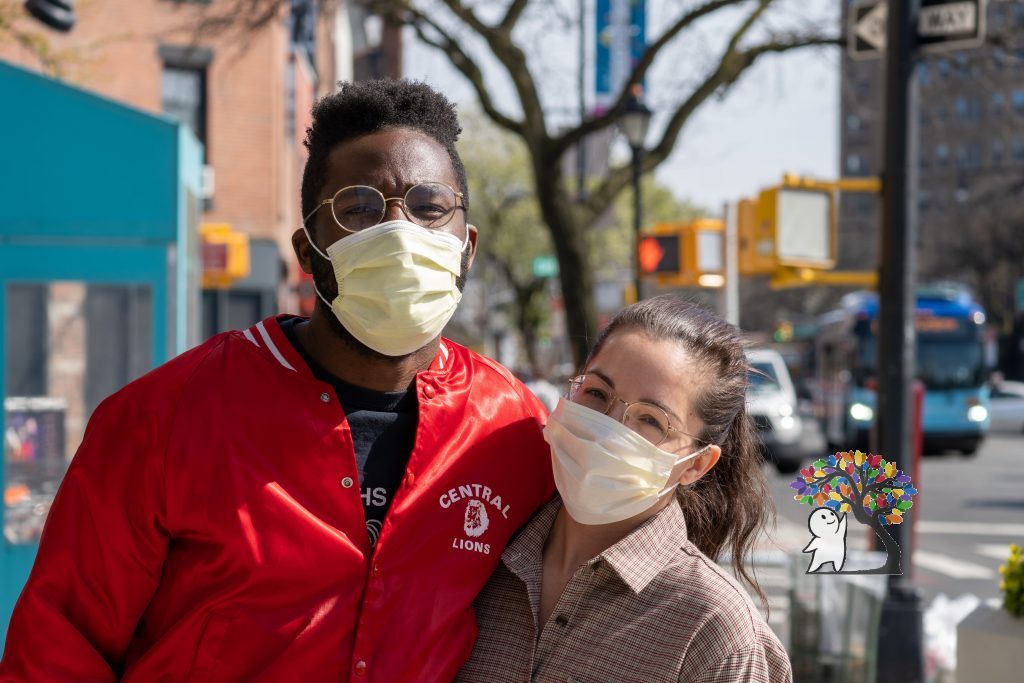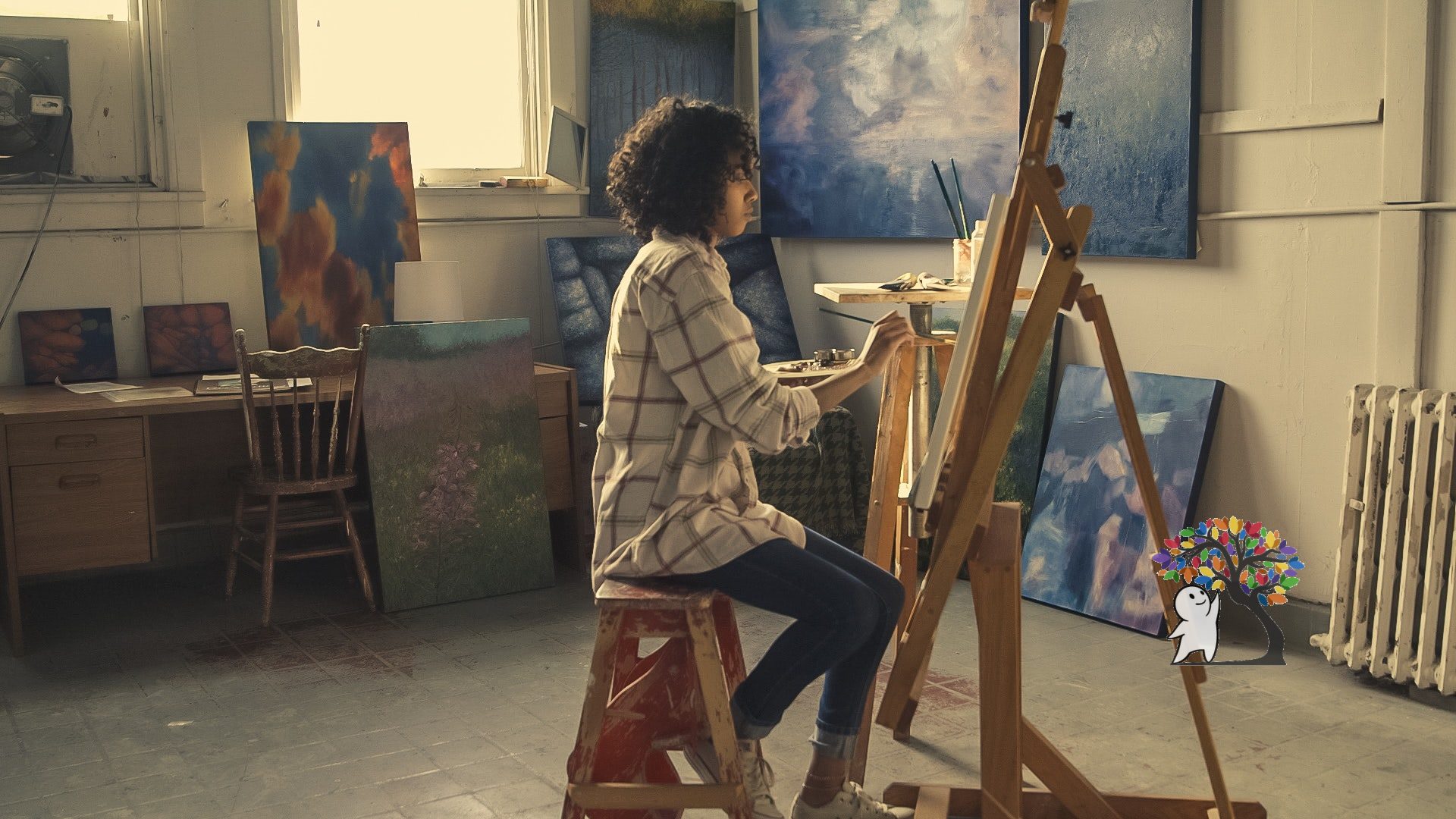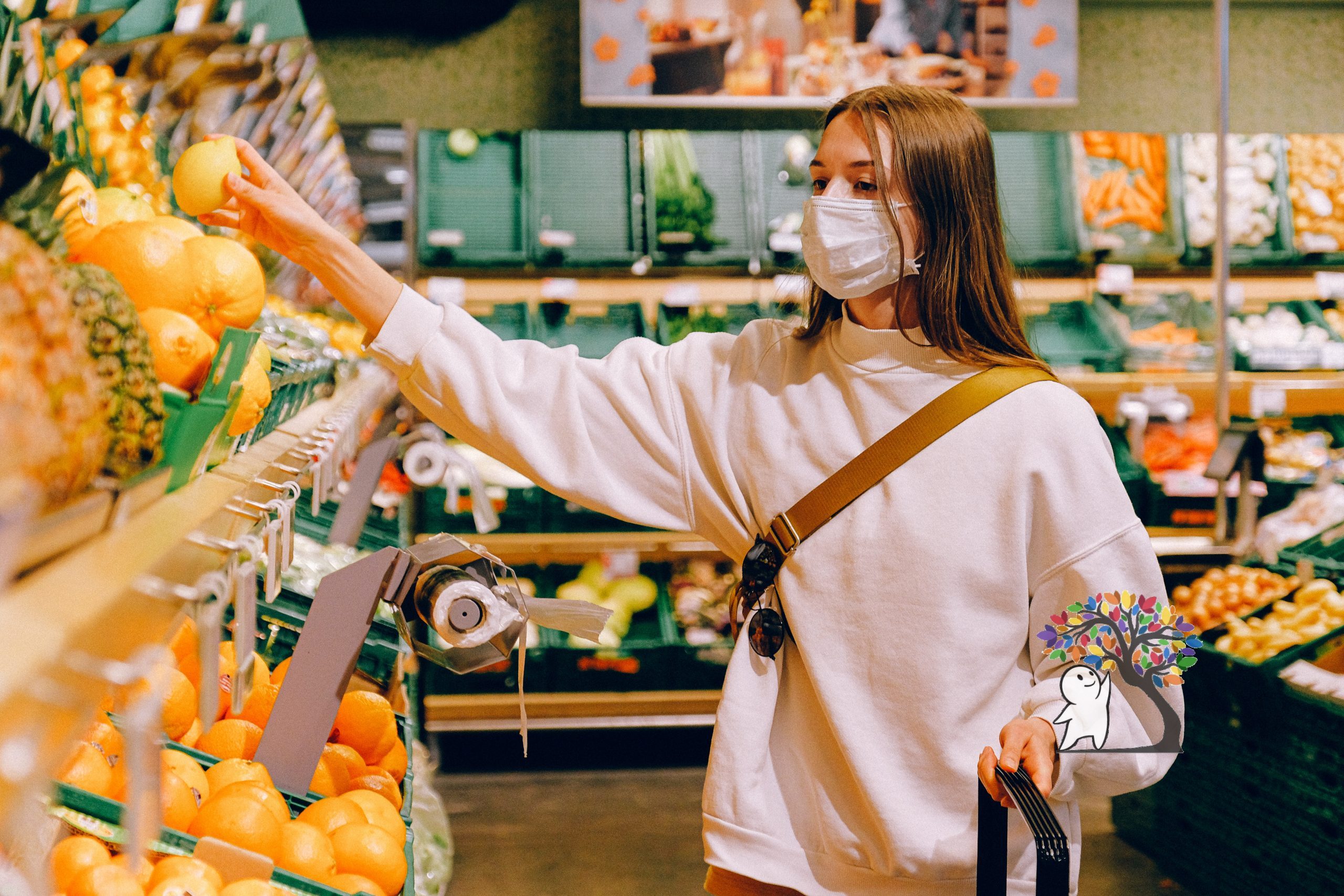5 Positive Mindsets to Have Amidst COVID-19

Are you feeling anxious about the state of the world right now? Does all the news surrounding the COVID-19 pandemic frighten you and make you feel worried about yourself and all your loved ones?
Last December 13, 2019, pneumonia of unknown cause was first reported in Wuhan, China, and while the news was of little consequence to many of us as it had only been found in wild animals thus so far, the number of cases in China began to multiply faster than the health authorities could gather information about it. Finally, on January 30, 2020, the World Health Organization shocked the world and forced us all into action when it declared the virus a “Public Health Emergency of International Concern.”
The Virtual Leaders Summit on COVID-19 was held not long after, on March 26, 2020, to address the issue at hand, unite against a common threat, and ignite a global movement against it. The United Nations (UN) launched an international humanitarian response plan to attend to the most vulnerable countries and fund mass testing and sanitation. Lockdowns, community quarantine, and other protective social policies are now in place to minimize the risk to public health and safety.
On that note, it’s essential for all of us now to do our part and follow in the footsteps of our leaders by taking a proactive stance in the fight against the current coronavirus pandemic. We all need to look after not only our physical health but our mental health as well and protect ourselves from the emotional toll that can be taken by such life-threatening forces at large in our society.
With that said, here are 5 of the most common problems we are all struggling with and how you can shift your mindset from negative to positive even amidst today’s COVID-19 pandemic:

1. About Being Quarantined
In light of the rapid spread of the coronavirus, most major cities all over the world have opted to suspend work and classes and advised everyone to stay at home for their own safety. Self-isolation may be hard to adjust to at first, and if you’re one of those people who can’t work from home, you may end up twiddling your thumbs after a few days wondering what on earth you’re going to do with all that new-found free time on your hands.
But instead of thinking “I’m stuck at home with nothing to do,” try to shift your mindset to something more positive like “I can stay safe in my own home and spend time with my family.” Make the most out of your situation and try to do something productive, like finally finishing all those books you’ve been meaning to read, learning new cooking recipes, writing more songs, tending to your garden, playing with your pets, and having deep talks with your family.

2. About The Risk of Contamination
Usually a respiratory tract virus, coronaviruses often result in the common cold, bronchitis, pneumonia, and severe acute respiratory syndrome (or SARS). And while the Centers for Disease Control and Prevention (CDC) assures us that most cases are mild and many of those infected eventually recover, the limited ability to treat the virus itself and high mortality rate has led the World Health Organization (WHO) to declare the virus a global pandemic (CDC, 2020; WHO, 2020).
Plenty of people are scared of being another fatality, and understandably so. Because while the general population is relatively safe and strong enough to fight off the virus, the risk of death is alarmingly high for those aged over 50 and under 18 (WHO, 2020). With that said, however, there’s still a lot you can do to fight against the virus and keep yourself safe. So instead of thinking “I will get sick” and worrying yourself all the time, shift your mindset to “I will do all I can to decrease my chances of getting sick.” Self-isolate, wash your hands frequently, drink plenty of water, practice social distancing, and always wear a mask when you need to go out.
3. About Hoarding and Panic Buying
Suffice it to say, while the public has been urged against hoarding and panic buying, many of us are still doing it. Pictures of empty grocery shelves, reports of supplies running out fast, and the threat of total lockdown looming over us has urged a lot of people to stock up on as many necessities as they can (like rubbing alcohol, face masks, eggs, bread, milk, and canned goods).
Because of this, we’re left worrying about rationing our food to survive the foreseeable future. But rather than making yourself anxious by thinking “I will run out of items at home during self-isolation”, it’s better to shift your mindset into “I will use my items wisely” and assure yourself that “I have everything I need for now because I have prepared for this.” Don’t give in to the widespread panic plaguing society right now. Instead, be a voice of calm reason and don’t buy more than you need so there’s enough for everyone else.

4. About Everything Being Closed
Due to the sudden outbreak, the majority of business establishments have been temporarily closed to encourage people to stay indoors and to protect workers from being exposed to the virus. Rules were established to limit the number of people gathering at a certain place to 10 at a time or less, so naturally, a lot of malls, restaurants, cafes, bars, beaches, movie theaters, hotels, inns, and train stations are no longer open or only operating within a strict curfew. Most major airports around the world have been closed and travel restrictions placed to keep all flights grounded.
With that said, there’s no need to panic. Even though it might seem like everything is shutting down, remember that all the most important places are still open. All the hospitals, medical centers, pharmacies, and supermarkets have been asked to continue operating and help us through these trying times. So if you ever need medical attention or more supplies for your household, you won’t have a problem getting it.

5. About All The Uncertainty
Finally but perhaps most importantly, remember that it’s okay to be afraid. It’s okay to feel uneasy with all the uncertainty around us. Most of us have never lived through anything quite like this and no one never expected the situation to escalate as much as it has today. Means of testing for the virus are limited, symptoms often take 5-6 days before they start to show, and many cases end up being asymptomatic so you might already be infected without you even knowing it.
However, it’s now become more important than ever to remain calm and hopeful for the future. Healthcare workers all over the world are working hard to treat those infected and help them recover; scientists are devoting all their time, energy, and resources to finding a cure and developing a vaccine; and governments and international organizations (like the WHO and the CDC) all over the world are doing their best to alleviate public distress and manage the problem.
So instead of just thinking “I am afraid” or “I don’t know how to handle this”, take a deep breath and be a voice of reason amidst these times of chaos. Shift your mindset from “I can’t control the situation” to “I can control what I do about it.” Seek information only from trusted news sources, remember sanitary practices (like hand washing and disinfecting frequently), and donate to charities, public hospitals, and communities in need if you can. Be mindful of your health, rest if you are feeling unwell, and check in on your loved ones through phone calls and messages.
We need to have courage even in the face of such tragedies and hope even amidst suffering. With enough cooperation, kindness, compassion, and faith, the world will heal itself and we can all make it through this together, one day at a time.

References:
- Centers for Disease Control and Prevention. “COVID-19 Cases in the US.” Retrieved 27 March 2020 from https://www.cdc.gov/coronavirus/2019-ncov/index.html
- World Health Organization. “Coronavirus Disease 2019.” Retrieved 27 March 2020 from https://www.who.int/emergencies/diseases/novel-coronavirus-2019
- World Health Organization. “Population-Based Age-Stratified Seroepidemiological Investigation Protocol for COVID-19 Virus Infection.” Retrieved 27 March 2020 from https://www.who.int/publications-detail/population-based-age-stratified-seroepidemiologic
- al-investigation-protocol-for-covid-19-virus-infection
- Xiang, Y. T., Yang, Y., Li, W., Zhang, L., Zhang, Q., Cheung, T., & Ng, C. H. (2020). Timely mental health care for the 2019 novel coronavirus outbreak is urgently needed. The Lancet Psychiatry, 7(3), 228-229.
- Zhang, J., Wu, W., Zhao, X., & Zhang, W. (2020). Recommended psychological crisis intervention response to the 2019 novel coronavirus pneumonia outbreak in China: a model of West China Hospital. Precision Clinical Medicine.





Responses